Why Signal Isolation is Crucial for Omron PLCs?
- kwoco-plc.com
- August 20, 2024
- 12:05 am
In the world of industrial automation, signal interference is a silent killer. It sneaks in, disrupts operations, and leaves engineers scrambling to find the cause. Have you ever faced this? It’s frustrating, and it can cost both time and money. But what if I told you there’s a straightforward solution?
Signal isolation is the answer. It’s like a bodyguard for your PLCs, ensuring that the signals remain clean and interference-free. Omron PLCs, known for their reliability, become even more robust with proper signal isolation. This simple addition can prevent costly downtimes and ensure your systems operate at peak efficiency.
Table of Contents
I’ve seen it countless times—systems disrupted by noise, engineers losing sleep over intermittent faults. But with the right isolation techniques, these issues become a thing of the past.
What is Signal Isolation and Why Does it Matter?
Signal isolation involves separating the electrical signals from the source and the destination to prevent unwanted interference. But why does this matter so much in industrial environments? The answer lies in the harsh conditions—electromagnetic interference (EMI), ground loops, and surges are all too common in factories and plants.
For instance, think about the last time you had a mysterious fault in your system. Was it caused by a voltage spike? Or maybe it was a ground loop issue? These problems often trace back to inadequate signal isolation. Without proper isolation, signals can get corrupted, leading to erratic behavior in your PLCs.
How Do You Implement Signal Isolation in Omron PLCs?
Implementing signal isolation isn’t as complex as it sounds. For Omron PLCs, isolation can be achieved through various methods such as optocouplers, transformers, and isolation amplifiers. Each of these components plays a vital role in ensuring that your signals remain pure and unaffected by external noise.
One of the most effective ways to isolate signals is by using optocouplers. They separate the input and output signals through light, ensuring that electrical noise doesn’t pass through. This method is particularly effective in environments with high levels of EMI.
Kwoco offers brand-new, original Omron PLCs at competitive prices.
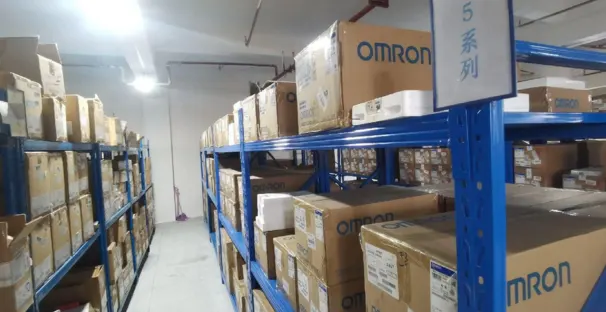
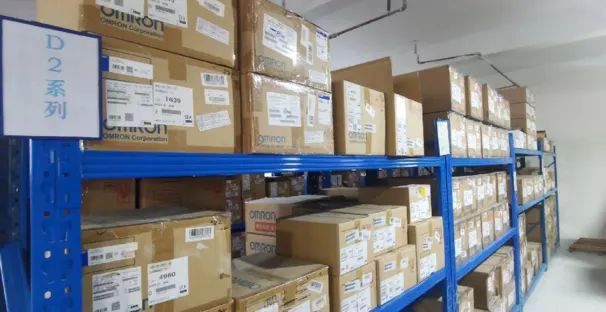
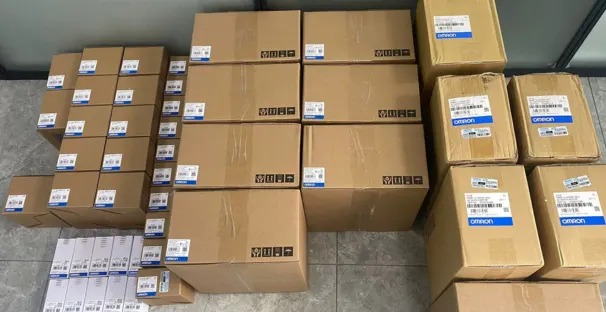
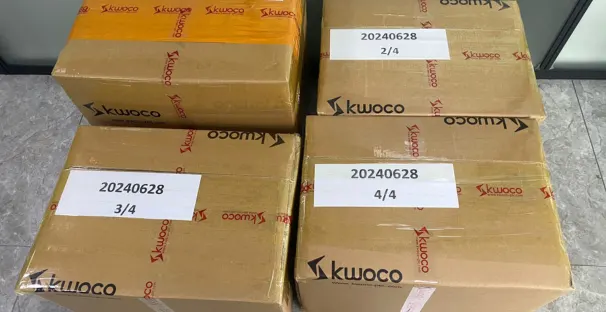
What are the Benefits of Signal Isolation for Your Omron PLCs?
So, what do you stand to gain by implementing signal isolation? Here are a few key benefits:
- Improved Reliability: With isolated signals, your PLCs will operate more reliably, reducing the risk of unexpected shutdowns or errors.
- Extended Equipment Lifespan: By protecting your PLCs from electrical noise, you’re also extending their lifespan. This means fewer replacements and lower maintenance costs.
- Enhanced Safety: Signal isolation can also enhance safety by preventing potential hazards associated with ground loops and surges.
When Should You Consider Adding Signal Isolation?
Signal isolation isn’t always necessary, but there are specific situations where it becomes crucial. If your Omron PLCs are in an environment with high EMI or if you’ve experienced intermittent faults that are hard to trace, it’s time to consider isolation.
Another critical moment is during system upgrades. If you’re adding new equipment or sensors, it’s essential to evaluate whether signal isolation is needed to maintain system integrity.
How Can You Test the Effectiveness of Signal Isolation?
Testing the effectiveness of signal isolation is relatively straightforward. After implementing isolation, monitor your system for any recurring faults or signal disruptions. If the issues disappear, congratulations—you’ve successfully implemented signal isolation.
It’s also a good idea to use tools like oscilloscopes to check for noise on your signal lines. If the noise levels have decreased significantly, your isolation methods are working as intended.
Can Signal Isolation be Integrated with Other PLC Brands?
While our focus here is on Omron PLCs, signal isolation is a universal concept that applies to any brand. Whether you’re using Mitsubishi, Schneider, or Siemens PLCs, the principles of signal isolation remain the same.
Integrating isolation across different brands ensures consistency and reliability throughout your entire automation system. It’s a best practice that can save you from headaches down the road.
Conclusion
Signal isolation is more than just a protective measure; it’s an investment in the reliability and longevity of your automation systems. For Omron PLCs, implementing proper isolation can make the difference between smooth operations and costly disruptions.
Kwoco provides new original Omron, Mitsubishi, Schneider…PLC. If you are looking for a high-quality PLC supplier please contact us.
Contact Us
Just fill out your name, email address, and a brief description of your inquiry in this form. We will contact you within 24 hours.
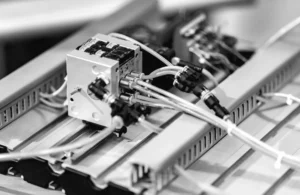
Why Your PLC Needs a Separate Power Supply
Why Your PLC Needs a Separate Power Supply Have you ever wondered why PLC systems often require a separate power
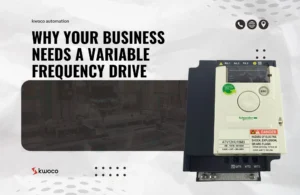
Why Your Business Needs a Variable Frequency Drive
Why Your Business Needs a Variable Frequency Drive When managing industrial operations, optimizing energy efficiency while maintaining performance is crucial.
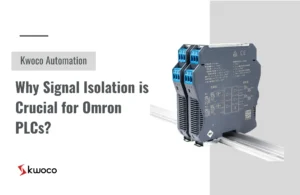
Why Signal Isolation is Crucial for Omron PLCs?
Why Signal Isolation is Crucial for Omron PLCs? In the world of industrial automation, signal interference is a silent killer.
